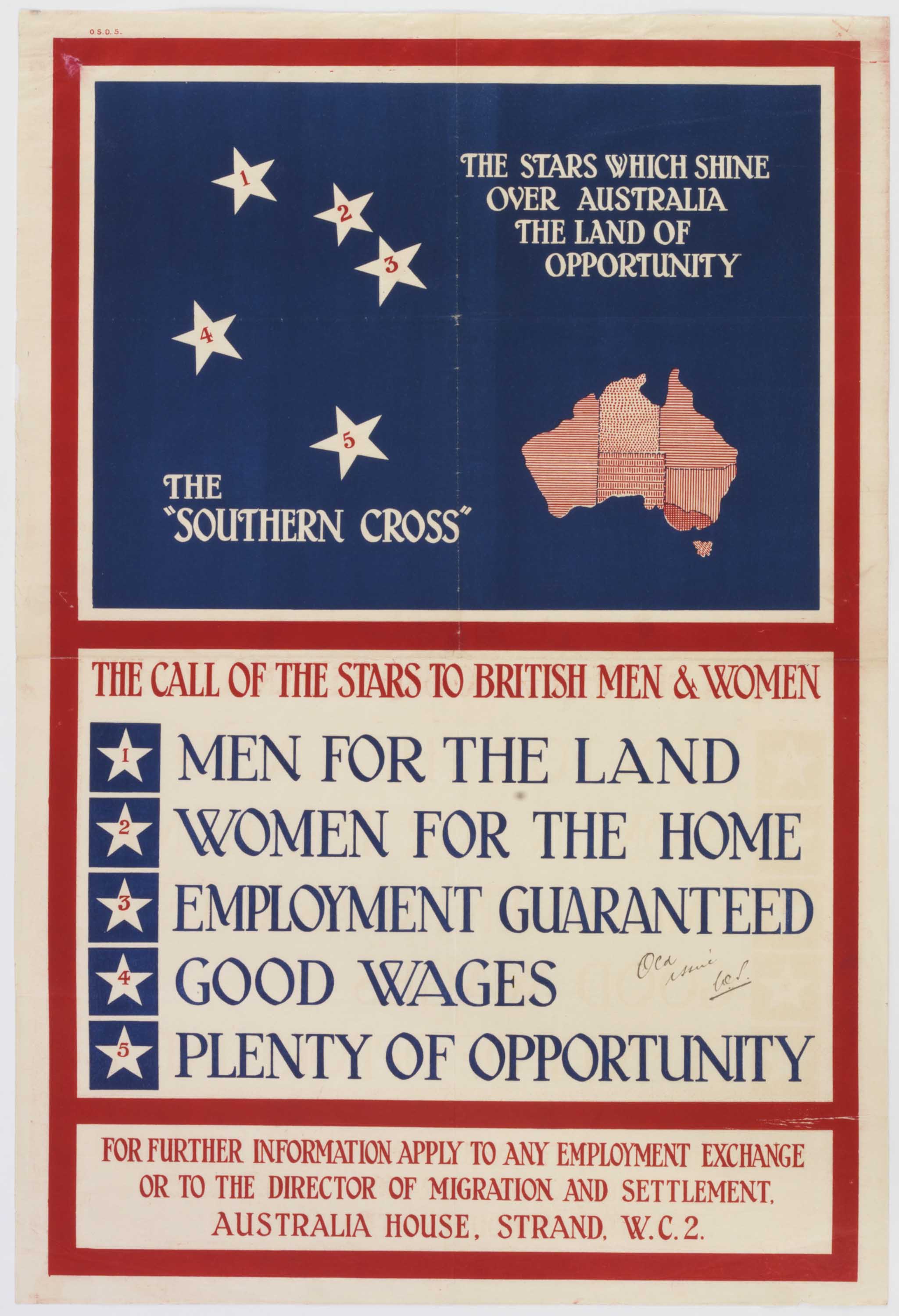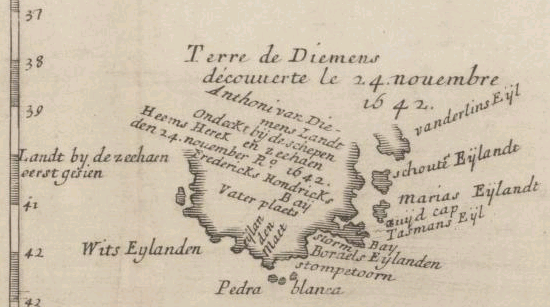|
Anna Dawbin
Anna Maria Dawbin née Anna Maria Hadden (24 November 1816 – 22 November 1905) was a British Australian diarist. Life Dawbin was born in Exeter in 1816 to Elizabeth and William Frederick Hadden. Her father was an army officer. In 1834 she sailed for Van Diemen's Land as the new wife of Andrew Baxter who was in charge of transported convicts. It was on 24 September 1834 that she started her first of 32 diaries that are extant, although it is clear that she had always kept a diary up to that point.Frost, L. (2004-09-23). Dawbin ée Hadden; other married name Baxter Anna Maria (1816–1905), diarist. Oxford Dictionary of National Biography. Retrieved 29 Dec. 2017, selink/ref> She arrived aboard the ''Augusta Jessie'' and she and Andrew lived in Hobart Town and Launceston. Her husband was an officer in the 50th (Queen's Own) Regiment of Foot The 50th (Queen's Own) Regiment of Foot was an infantry regiment of the British Army, raised in 1755. Under the Childers Reforms it am ... [...More Info...] [...Related Items...] OR: [Wikipedia] [Google] [Baidu] |
Exeter
Exeter () is a city in Devon, South West England. It is situated on the River Exe, approximately northeast of Plymouth and southwest of Bristol. In Roman Britain, Exeter was established as the base of Legio II Augusta under the personal command of Vespasian. Exeter became a religious centre in the Middle Ages. Exeter Cathedral, founded in the mid 11th century, became Anglican in the 16th-century English Reformation. Exeter became an affluent centre for the wool trade, although by the First World War the city was in decline. After the Second World War, much of the city centre was rebuilt and is now a centre for education, business and tourism in Devon and Cornwall. It is home to two of the constituent campuses of the University of Exeter: Streatham and St Luke's. The administrative area of Exeter has the status of a non-metropolitan district under the administration of the County Council. It is the county town of Devon and home to the headquarters of Devon County Council. A p ... [...More Info...] [...Related Items...] OR: [Wikipedia] [Google] [Baidu] |
Melbourne
Melbourne ( ; Boonwurrung/Woiwurrung: ''Narrm'' or ''Naarm'') is the capital and most populous city of the Australian state of Victoria, and the second-most populous city in both Australia and Oceania. Its name generally refers to a metropolitan area known as Greater Melbourne, comprising an urban agglomeration of 31 local municipalities, although the name is also used specifically for the local municipality of City of Melbourne based around its central business area. The metropolis occupies much of the northern and eastern coastlines of Port Phillip Bay and spreads into the Mornington Peninsula, part of West Gippsland, as well as the hinterlands towards the Yarra Valley, the Dandenong and Macedon Ranges. It has a population over 5 million (19% of the population of Australia, as per 2021 census), mostly residing to the east side of the city centre, and its inhabitants are commonly referred to as "Melburnians". The area of Melbourne has been home to Aboriginal ... [...More Info...] [...Related Items...] OR: [Wikipedia] [Google] [Baidu] |
British Australian
Anglo-Celtic Australians is an ancestral grouping of Australians whose ancestors originate wholly or partially in the British Isles - predominantly in England, Ireland, Scotland and Wales. While Anglo-Celtic Australians do not form an official ethnic grouping in the Australian Bureau of Statistics' Australian Standard Classification of Cultural and Ethnic Groups, due to the long historical dominance and intermixture of Australians with ancestries from the British Isles, it is commonly used as an informal ethnic identifier. The term has received criticism for erasing historical distinctions between English and Celtic settlers. In particular, it does not account for the political and social segregation of English and Irish Australians which some scholars have labeled an apartheid or the fact that while many English arrived in Australia as willing immigrants, many Irish were forcibly transported as prisoners or refugees. At the 2021 census, the number of ancestry responses from ... [...More Info...] [...Related Items...] OR: [Wikipedia] [Google] [Baidu] |
Australians
Australians, colloquially known as Aussies, are the citizens, nationals and individuals associated with the country of Australia. This connection may be residential, legal, historical or ethno-cultural. For most Australians, several (or all) of these connections exist and are collectively the source of their being Australian. Australian law does not provide for a racial or ethnic component of nationality, instead relying on citizenship as a legal status. Since the postwar period, Australia has pursued an official policy of multiculturalism and has the world's eighth-largest immigrant population, with immigrants accounting for 30 percent of the population in 2019. Between European colonisation in 1788 and the Second World War, the vast majority of settlers and immigrants came from the British Isles (principally England, Ireland and Scotland), although there was significant immigration from China and Germany during the 19th century. Many early settlements were initially pen ... [...More Info...] [...Related Items...] OR: [Wikipedia] [Google] [Baidu] |
Van Diemen's Land
Van Diemen's Land was the colonial name of the island of Tasmania used by the British during the European exploration of Australia in the 19th century. A British settlement was established in Van Diemen's Land in 1803 before it became a separate colony in 1825. Its penal colonies became notorious destinations for the transportation of convicts due to the harsh environment, isolation and reputation for being inescapable. Macquarie Harbour and Port Arthur are among the most well-known penal settlements on the island. With the passing of the Australian Constitutions Act 1850, Van Diemen's Land (along with New South Wales, Queensland, South Australia, Victoria, and Western Australia) was granted responsible self-government with its own elected representative and parliament. On 1 January 1856, the colony of Van Diemen's Land was officially changed to Tasmania. The last penal settlement was closed in Tasmania in 1877. Toponym The island was named in honour of Anthony van Die ... [...More Info...] [...Related Items...] OR: [Wikipedia] [Google] [Baidu] |
Hobart Town
Hobart ( ; Nuennonne/Palawa kani: ''nipaluna'') is the capital and most populous city of the Australian island state of Tasmania. Home to almost half of all Tasmanians, it is the least-populated Australian state capital city, and second-smallest if territories are taken into account, before Darwin, Northern Territory. Hobart is located in Tasmania's south-east on the estuary of the River Derwent, making it the most southern of Australia's capital cities. Its skyline is dominated by the kunanyi/Mount Wellington, and its harbour forms the second-deepest natural port in the world, with much of the city's waterfront consisting of reclaimed land. The metropolitan area is often referred to as Greater Hobart, to differentiate it from the City of Hobart, one of the five local government areas that cover the city. It has a mild maritime climate. The city lies on country which was known by the local Mouheneener people as nipaluna, a name which includes surrounding features such as kun ... [...More Info...] [...Related Items...] OR: [Wikipedia] [Google] [Baidu] |
Launceston, Tasmania
Launceston () or () is a city in the north of Tasmania, Australia, at the confluence of the North Esk and South Esk rivers where they become the Tamar River (kanamaluka). As of 2021, Launceston has a population of 87,645. Material was copied from this source, which is available under Creative Commons Attribution 4.0 International License/ref> Launceston is the second most populous city in Tasmania after the state capital, Hobart. As of 2020, Launceston is the 18th largest city in Australia. Launceston is fourth-largest inland city and the ninth-largest non-capital city in Australia. Launceston is regarded as the most liveable regional city, and was one of the most popular regional cities to move to in Australia from 2020 to 2021. Launceston was named Australian Town of the Year in 2022. Settled by Europeans in March 1806, Launceston is one of Australia's oldest cities and it has many historic buildings. Like many places in Australia, it was named after a town in the United Ki ... [...More Info...] [...Related Items...] OR: [Wikipedia] [Google] [Baidu] |
50th (Queen's Own) Regiment Of Foot
The 50th (Queen's Own) Regiment of Foot was an infantry regiment of the British Army, raised in 1755. Under the Childers Reforms it amalgamated with the 97th (The Earl of Ulster's) Regiment of Foot to form the Queen's Own Royal West Kent Regiment in 1881. History Early history The regiment was originally raised by Colonel James Abercrombie as the 52nd Regiment of Foot in 1755 for service in the Seven Years' War. It was re-numbered as the 50th Regiment of Foot, following the disbandment of the existing 50th and 51st regiments, in 1756. The regiment's first action was when it embarked on ships and took part in the Raid on Rochefort in September 1757 during the Seven Years' War. In its early years the regiment wore a uniform of black facings and white lace; when they wiped sweat away with their cuffs the dye stained their faces, giving rise to the nickname the "Dirty Half-Hundred" ("half-hundred" equals fifty)." The regiment embarked for Germany in June 1760 and saw action at ... [...More Info...] [...Related Items...] OR: [Wikipedia] [Google] [Baidu] |
Richard Dry
Sir Richard Dry, KCMG (20 September 1815 – 1 August 1869) was an Australian politician, the son of United Irish convict, who was Premier of Tasmania from 24 November 1866 until 1 August 1869 when he died in office. Dry was the first Tasmanian-born premier, and the first Tasmanian to be knighted. Early life Dry was born in Launceston, Van Diemen's Land (now Tasmania), the son of Richard Dry, an officer and pastoralist, and his wife Anne, ''née'' Maughan. The elder Dry had been transported from Ireland in advance of the 1798 rebellion. Although a Protestant and a Dublin woollen-draper, he had been a senior figure in the largely Catholic and agrarian Defender movement as well as being a senior United Irishmen. Dry was educated at a Kirkland's private school in Campbell Town. Dry was a close friend of the diarist Anna Baxter who was the wife of the recently arrived British Lieutenant Andrew Baxter in the 1830s. In 1835 Dry voyaged to Mauritius and the British ports in India, ... [...More Info...] [...Related Items...] OR: [Wikipedia] [Google] [Baidu] |
Premier Of Tasmania
The premier of Tasmania is the head of the executive government in the Australian state of Tasmania. By convention, the leader of the party or political grouping which has majority support in the House of Assembly is invited by the governor of Tasmania to be premier and principal adviser.Premier and Leader of the Opposition Tasmanian Parliamentary Library. Since 8 April 2022, the premier of Tasmania has been , leader of the , which holds 13 of the 25 seats in ... [...More Info...] [...Related Items...] OR: [Wikipedia] [Google] [Baidu] |
Richard Dry In The 1840s
Richard is a male given name. It originates, via Old French, from Old Frankish and is a compound of the words descending from Proto-Germanic ''*rīk-'' 'ruler, leader, king' and ''*hardu-'' 'strong, brave, hardy', and it therefore means 'strong in rule'. Nicknames include " Richie", " Dick", " Dickon", " Dickie", " Rich", " Rick", " Rico", " Ricky", and more. Richard is a common English, German and French male name. It's also used in many more languages, particularly Germanic, such as Norwegian, Danish, Swedish, Icelandic, and Dutch, as well as other languages including Irish, Scottish, Welsh and Finnish. Richard is cognate with variants of the name in other European languages, such as the Swedish "Rickard", the Catalan "Ricard" and the Italian "Riccardo", among others (see comprehensive variant list below). People named Richard Multiple people with the same name * Richard Andersen (other) * Richard Anderson (other) * Richard Cartwright (disambigu ... [...More Info...] [...Related Items...] OR: [Wikipedia] [Google] [Baidu] |







